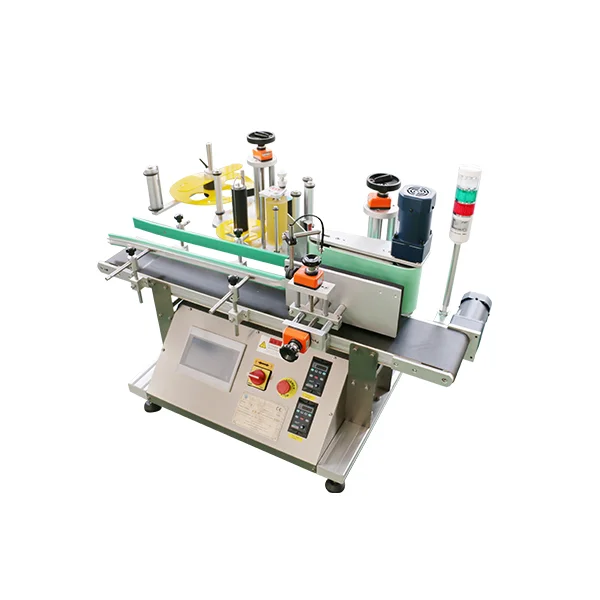In the realm of automotive engineering, fuel delivery systems play a crucial role in ensuring efficient and reliable engine performance. Two primary types of fuel pumps dominate the market: mechanical fuel pumps and electronic fuel pumps. Understanding the differences between these two technologies is essential for both automotive enthusiasts and professionals alike. In this article, we will delve into the intricacies of mechanical and electronic fuel pumps, exploring their functionalities, advantages, and limitations.
- Mechanism and Operation:
Mechanical Fuel Pumps:
Mechanical fuel pumps have been a staple in the automotive industry for decades. These pumps are typically driven by the engine's camshaft or a dedicated eccentric lobe. As the camshaft rotates, it actuates a lever arm, creating a reciprocating motion that draws fuel from the tank and delivers it to the carburetor or fuel injectors. The mechanical pump's simplicity and reliance on engine power make it a cost-effective solution for older vehicles.
Electronic Fuel Pumps:
In contrast, electronic fuel pumps are a more modern and sophisticated solution. These pumps utilize an electric motor to generate the necessary pressure for fuel delivery. Controlled by the engine's electronic control unit (ECU), the pump's speed and output can be precisely regulated. Electronic fuel pumps are commonly found in fuel-injected systems, where precise fuel pressure is crucial for optimal engine performance.
- Performance and Efficiency:
Mechanical Fuel Pumps:
Mechanical fuel pumps are known for their robustness and reliability. They can generate high fuel pressure, making them suitable for carbureted engines or older fuel-injected systems. However, their mechanical nature limits their ability to adapt to varying engine demands, resulting in potential fuel delivery inconsistencies and decreased efficiency.
Electronic Fuel Pumps:
Electronic fuel pumps excel in delivering consistent fuel pressure across a wide range of engine loads and speeds. The ECU's control allows for precise adjustments, optimizing fuel delivery for improved combustion efficiency and power output. Additionally, electronic pumps are less prone to vapor lock, a common issue in high-temperature environments, ensuring reliable performance even in challenging conditions.
- Maintenance and Durability:
Mechanical Fuel Pumps:
Due to their simplicity, mechanical fuel pumps generally require less maintenance. However, their reliance on engine power makes them susceptible to wear and tear, especially in high-performance applications. Additionally, mechanical pumps are more prone to failure in case of a diaphragm rupture or other internal component damage.
Electronic Fuel Pumps:
Electronic fuel pumps are typically more durable and less prone to mechanical failures. However, they may require periodic maintenance, such as cleaning or replacing the fuel filter, to ensure optimal performance. Additionally, electronic pumps are more sensitive to electrical issues, such as voltage drops or wiring faults, which can disrupt fuel delivery.
Conclusion:
In summary, the difference between mechanical and electronic fuel pumps lies in their mechanism, performance, and durability. While mechanical fuel pumps offer simplicity and reliability, electronic fuel pumps provide precise control, improved efficiency, and enhanced adaptability. The choice between these two technologies depends on the specific requirements of the vehicle and the desired level of performance. By understanding these distinctions, automotive enthusiasts and professionals can make informed decisions when it comes to fuel system upgrades or replacements.



